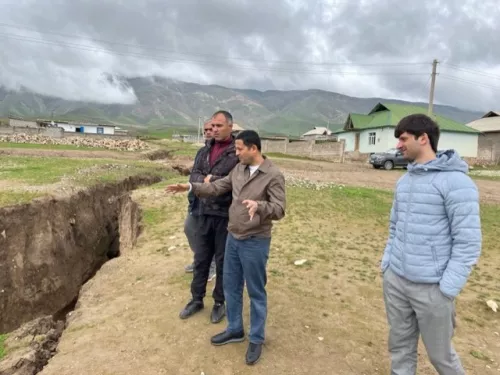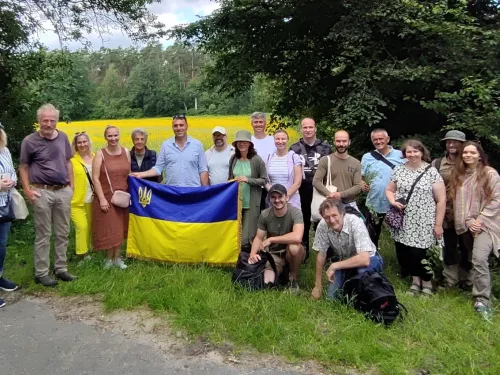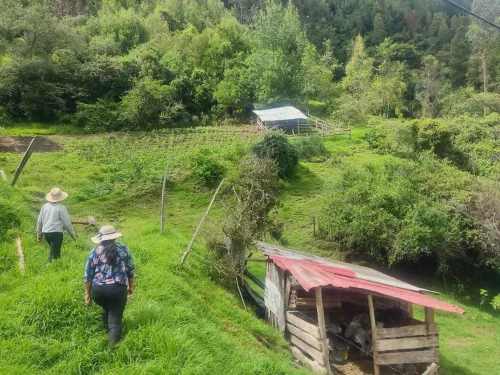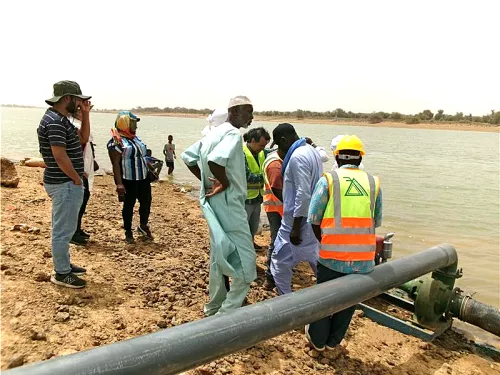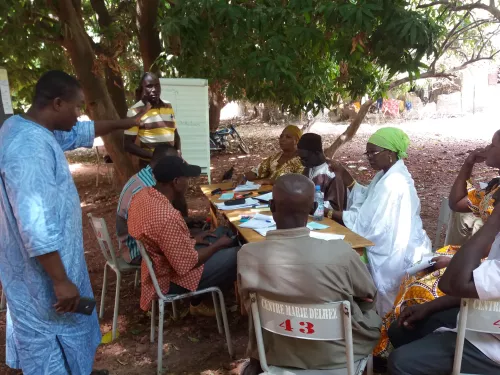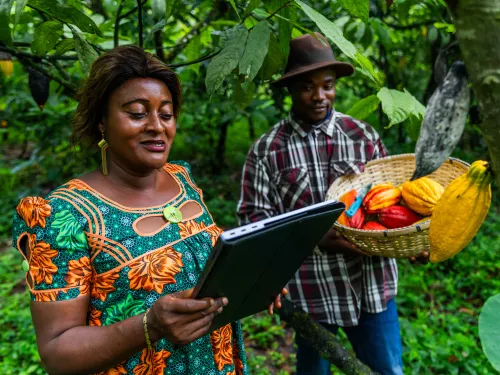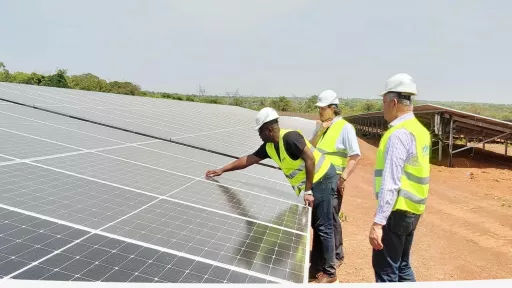

Empowering Communities with Green People's Energy: Impact and Insights from GBE
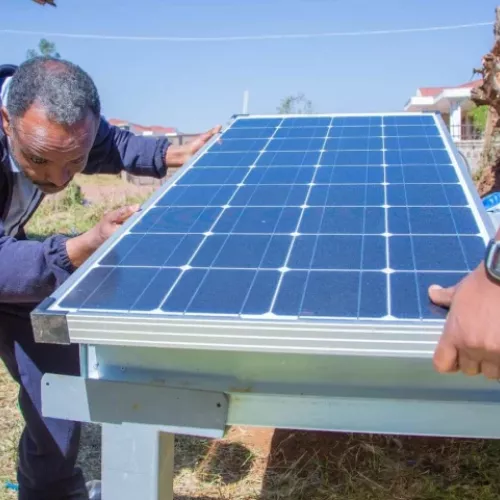
The "Green People's Energy (Grüne Bürgerenergie, GBE)" programme has been a significant contributor to Sustainable Development Goal 7.1, aiming to provide access to affordable, reliable, sustainable, and modern energy for all. Focused on nine African countries, the programme promoted decentralised renewable energy systems, improving energy access for rural communities. Through 37 case studies and five thematic knowledge products, the project has analysed and evaluated the impact of various interventions. By identifying key success factors, it has facilitated the dissemination of valuable insights and best practices. The synthesis report and final brochure, which incorporate these findings, highlight GBE's intermediate impacts and provide critical knowledge management tools to scale up successful strategies across the region.
People-focused impact
The GBE programme improved access to modern energy for rural communities in nine African countries, directly benefiting people's lives by promoting decentralised renewable energy systems. It also enhanced stakeholders' capacity to replicate and scale effective energy solutions, ultimately contributing to sustainable development and energy access for all.
Main Activities
- Developed 37 case studies and five thematic knowledge products.
- Analysed of the impact of decentralised renewable energy systems.
- Identified key success factors for effective energy interventions.
- Produced a synthesis report and brochure for wider dissemination.
- Facilitated knowledge sharing and promoting scalable approaches for rural energy access.
Select Results
- Improved access to modern energy for rural communities in nine African countries.
- Enhanced understanding of successful decentralised renewable energy approaches.
- Increased capacity for stakeholders to replicate and scale effective energy solutions.
- Facilitated dissemination of key insights, promoting knowledge exchange across the region.
